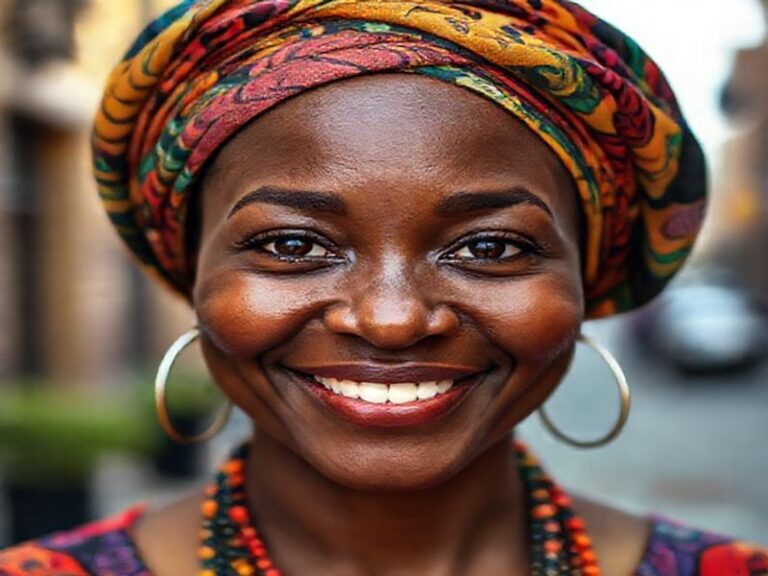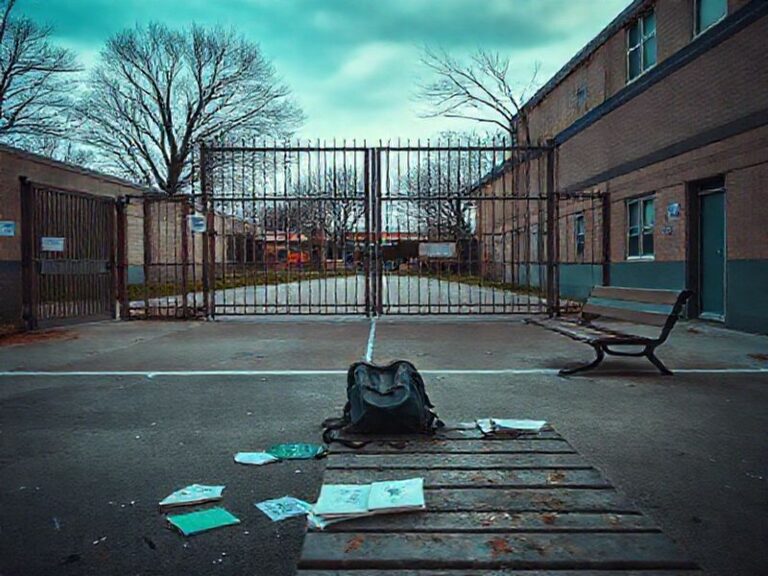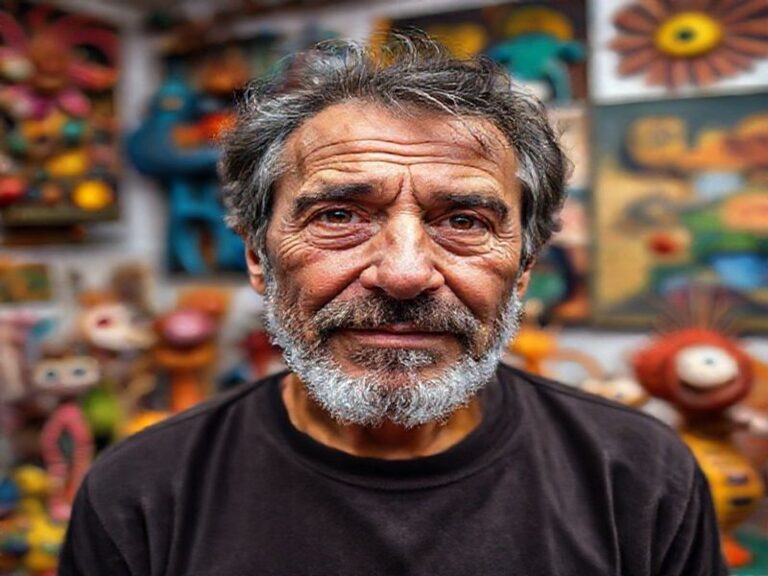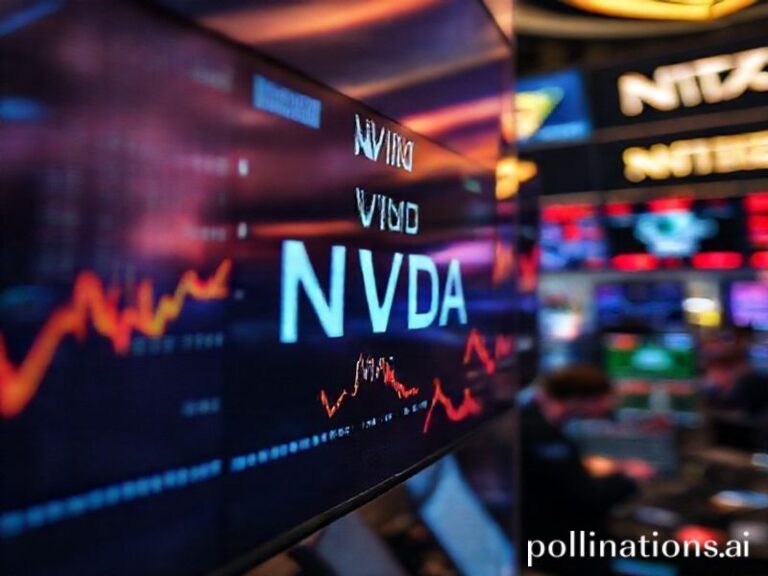Chris Briney’s Dollar General Exit: How One Arkansas Parking Lot Became the World’s Bleakest Tourist Attraction
Chris Briney and the Global Ripple of a Quiet American Heartbreak
By Our Correspondent in Exile, Somewhere Over the Mid-Atlantic
The United States, that perpetually surprised adolescent superpower, lost another citizen last week. Chris Briney—age 45, father of two, possessor of an all-American surname that sounds suspiciously like a discount supermarket chain—was shot dead in a parking lot outside a Dollar General in Pine Bluff, Arkansas. On the surface, the incident is statistically unremarkable: roughly 48,000 Americans will die by firearm this year, a number that has become the republic’s grim elevator music. Yet Briney’s death has migrated onto foreign front pages, trending from Lagos to Lisbon, not because of who he was but because of what he has become: a synecdoche for a nation that exports Netflix but can’t quite figure out how not to assassinate itself in strip-mall asphalt.
International audiences, having digested enough U.S. mass-shooting coverage to qualify for honorary PTSD, now parse these stories with the exhausted anthropological interest usually reserved for ritual cannibalism. French television led its evening bulletin with Briney’s death, immediately cutting to a panel of philosophers debating whether “American exceptionalism” had simply rebranded as “American expendability.” Meanwhile, Japanese morning shows gamely attempted to explain to viewers why an advanced economy still handles interpersonal conflict the way rival baboon troops settle tree disputes. The chyron read “銃社会アメリカ,” literally “gun-society America,” a phrase that has become as familiar overseas as “sushi” or “overworked salaryman.”
From a macroeconomic standpoint, Briney’s demise is a tiny data point in the $280-billion-per-year medical-and-security complex that blooms around U.S. gun violence. Globally, that figure rivals Finland’s entire GDP; one imagines Finnish officials watching the news, quietly recalculating whether their national budget could be replaced by simply selling thoughts and prayers on the open market. The World Bank, ever eager to quantify despair, now classifies American bullet wounds as a “negative externality” in trade negotiations—an import the rest of the world would prefer stayed on its side of the Pacific.
Diplomatically, the incident has provided fresh ammunition—pardon the pun—for nations already weary of Washington’s human-rights sermons. China’s Foreign Ministry spokesperson, channeling Oscar Wilde’s ghost, tweeted that America “knows the price of everything and the value of nothing, especially human life.” The irony was not lost on anyone who has read a Uyghur dispatch, but diplomats are paid to keep a straight face at gunpoint. Across the EU, officials quietly renewed travel advisories warning citizens that U.S. tourism now carries the same statistical risk as base-jumping into an active volcano. The advisory helpfully reminds Europeans to purchase extra insurance and, if possible, avoid existing.
Inside the U.S., the ritualized grief machinery cranked into motion: GoFundMe pages blossomed like poppies, local politicians offered “thoughts and prayers” with the sincerity of a timeshare salesman, and the NRA issued a statement blaming “mental health”—a diagnosis that apparently only applies after the trigger is pulled. Late-night hosts did their practiced sigh-and-shrug, the comedic equivalent of a station identification. Viewers in Seoul, accustomed to saber-rattling from their northern cousins, watched the monologues with the detached pity usually reserved for a neighbor’s alcoholic uncle who keeps setting his own house on fire.
Yet there is something almost admirably nihilistic in how thoroughly the U.S. has monetized its own chaos. Each shooting fuels an ecosystem of trauma counselors, tactical-gear influencers, and bulletproof-backpack manufacturers whose stock prices rise faster than the body count. One can picture future MBA syllabi citing “The Pine Bluff Vertical Integration Model,” where fear is mined, refined, and retail-marketed before the ambulance even arrives. International venture capitalists, never ones to waste a good tragedy, are already circling: rumors swirl that a consortium of Emirati and Singaporean funds is preparing to roll out “SafeMall™,” a subscription service providing pop-up metal detectors and on-demand grief counselors for American parking lots. The IPO prospectus lists “recurring revenue from chronic societal breakdown” as a key growth driver; Goldman Sachs has reportedly given it a “buy.”
Chris Briney, of course, never asked to be a datapoint. By all accounts he was simply a man who liked fishing, hated cilantro, and once coached Little League with the patient enthusiasm of someone who believed the next generation might do better. Instead, he’s become another cautionary tale on the international ticker, sandwiched between currency fluctuations and climate apocalypse. Somewhere in Valparaíso or Valletta, a commuter scrolling headlines will pause, mutter “Only in America,” and go back to worrying about their own collapsing glaciers or authoritarian backslide—comforted, if only briefly, by the quaint notion that their national dysfunction doesn’t come with a daily body count.
And so the world turns, indifferent but not uninterested. Tomorrow there will be another Chris Briney, another parking lot, another dollar-store requiem. The algorithm will note the uptick in engagement, the export of American sorrow will continue, and the rest of us—jet-lagged, doom-scrolling, quietly grateful for stricter gun laws—will watch the feed refresh like rubberneckers on the information superhighway, forever grateful that this particular collision happened in the other lane.







